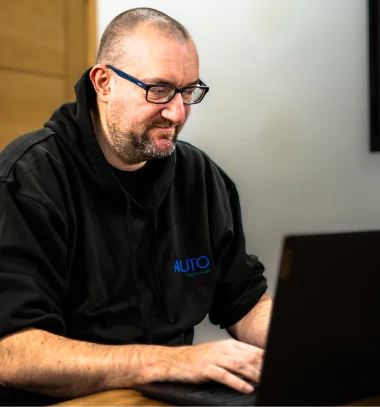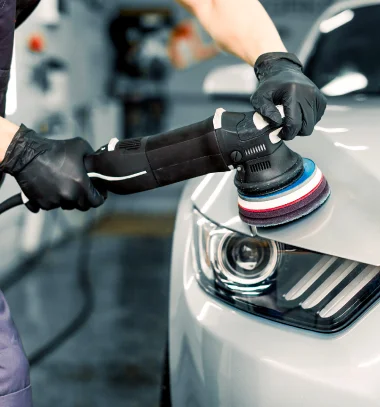Will my insurance go up? Answered
It’s a common worry after an accident that wasn’t your fault: Will this incident end up affecting your car insurance, even though you believe you did nothing wrong?
The straightforward answer is: Yes, a non-fault accident can unfortunately have an impact on your insurance, no matter what you do.
‘How much’ it affects your insurance comes down to ‘how you claim’
However, the important thing to understand is that the way it affects you, and how significantly, comes down to the choices you make when deciding how to claim.
Generally, a non-fault accident can potentially influence areas such as:
-
Your No Claims Bonus (NCB).
-
Whether you have to pay an excess on your policy.
- The amount of time, stress, and hassle involved in resolving everything.
You have 3 main options to claim
After a non-fault accident, you’ll need to decide how to make your claim.
Each option can have very different outcomes for your insurance and your peace of mind.
The three main options you can choose from are:
- Claiming through your own car insurance company.
- Claiming with an Accident Management Company (Recommended).
- Claiming directly with the at-fault driver’s insurer yourself.
Use this comparison table below to help you see the differences between your options. This shows how each option can affect your insurance after a non-fault accident:
|
What's affected |
Your insurer |
Auto Claims Assist |
Third-Party Insurer |
|---|---|---|---|
|
No Claims Bonus
|
May be reduced or temporarily suspended |
Remain unchanged |
|
|
Non-fault status
|
Might not fully establish your non-fault status |
Protects your non-fault status from the start |
|
|
Renewal Impact |
Claim may be marked as pending |
No pending claim on your policy at all |
|
|
Claims History |
Non-fault claim still appears as a risk factor |
Non-fault claim still appears, but risk is reduced |
|
|
Policy Excess |
You pay the excess |
No excess to pay |
|
For a more in-depth understanding, the next sections explore each option individually in detail.
Understand how each option can affect your insurance. This should help you to choose how to make a claim after your non-fault accident.
Need advice after a non-fault accident?
Our team is here to answer any questions you might have after being involved in a non-fault accident.
We can help you to understand your situation. If you decide you want to pursue a non-fault claim, we can handle everything for you - all at no cost to you.






